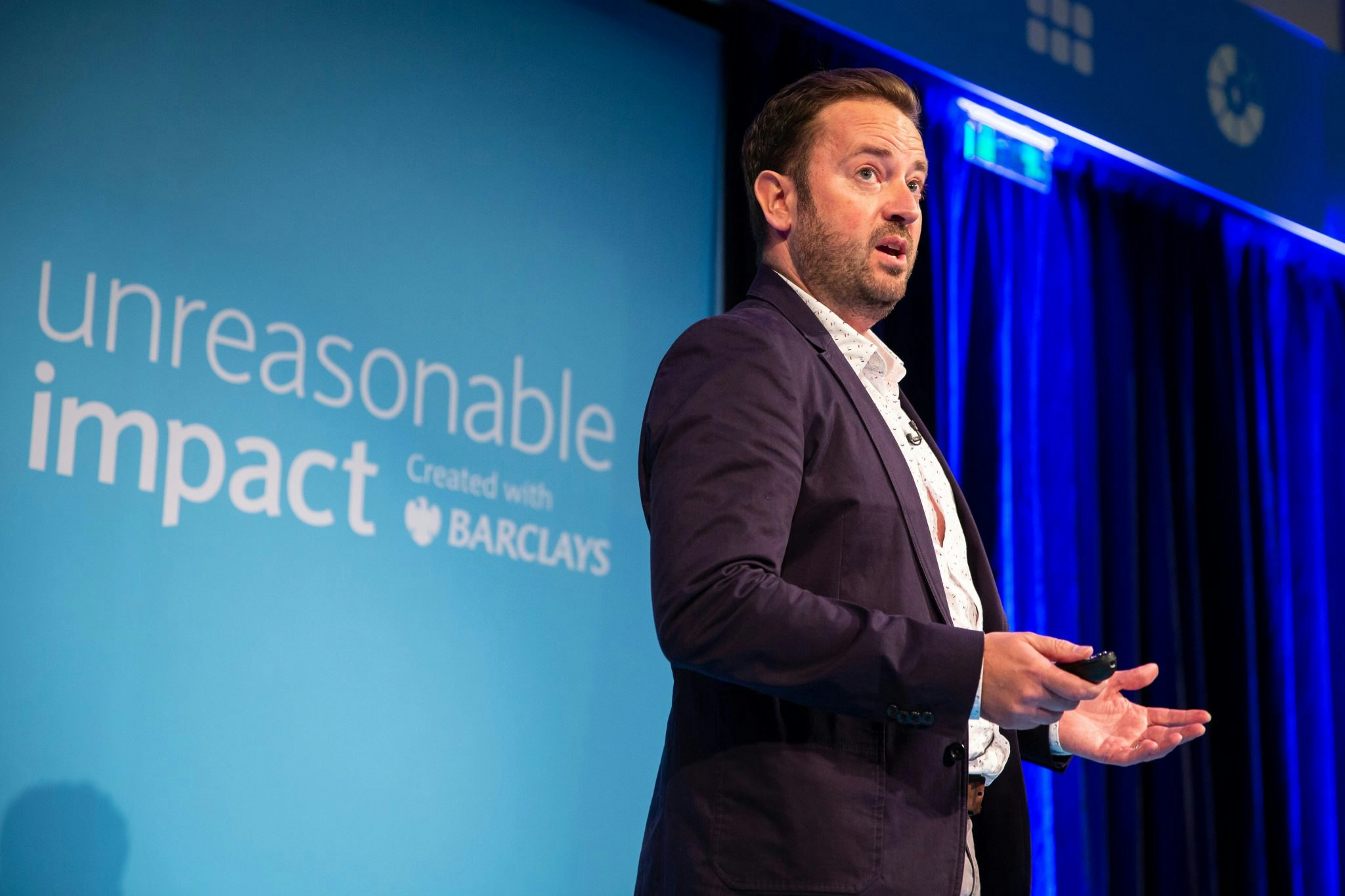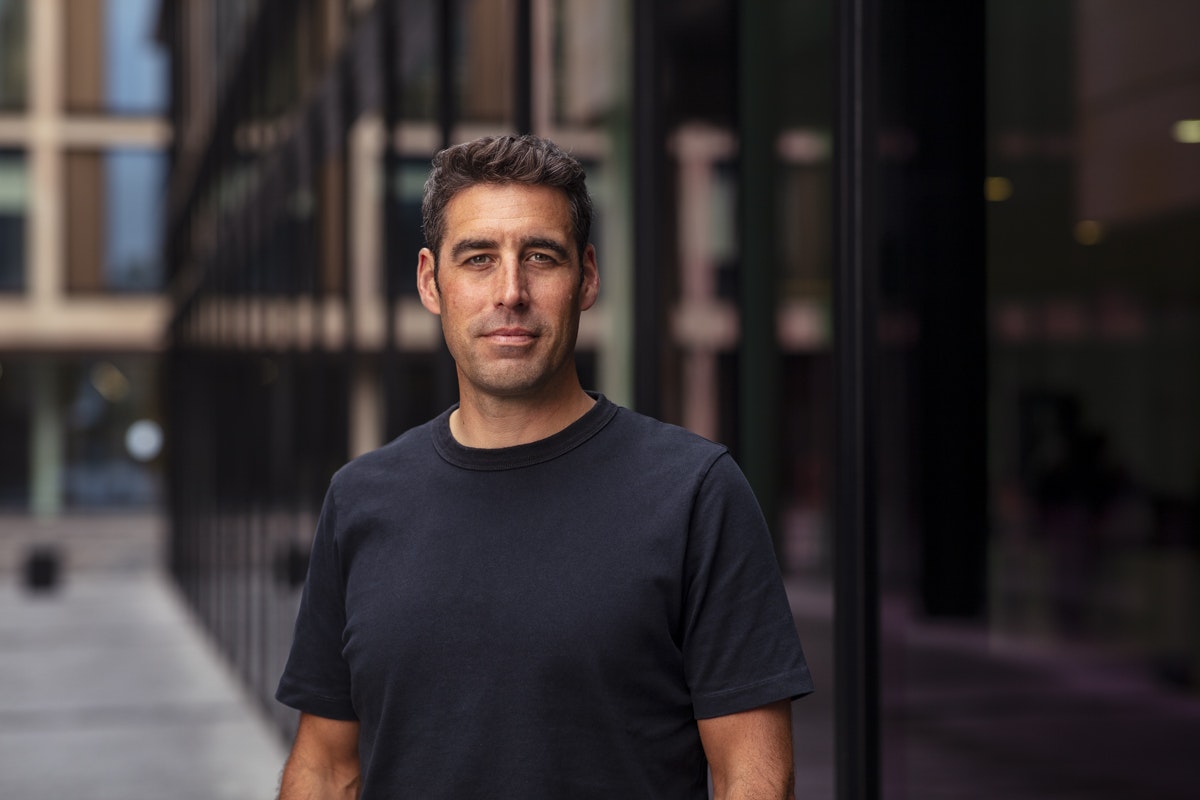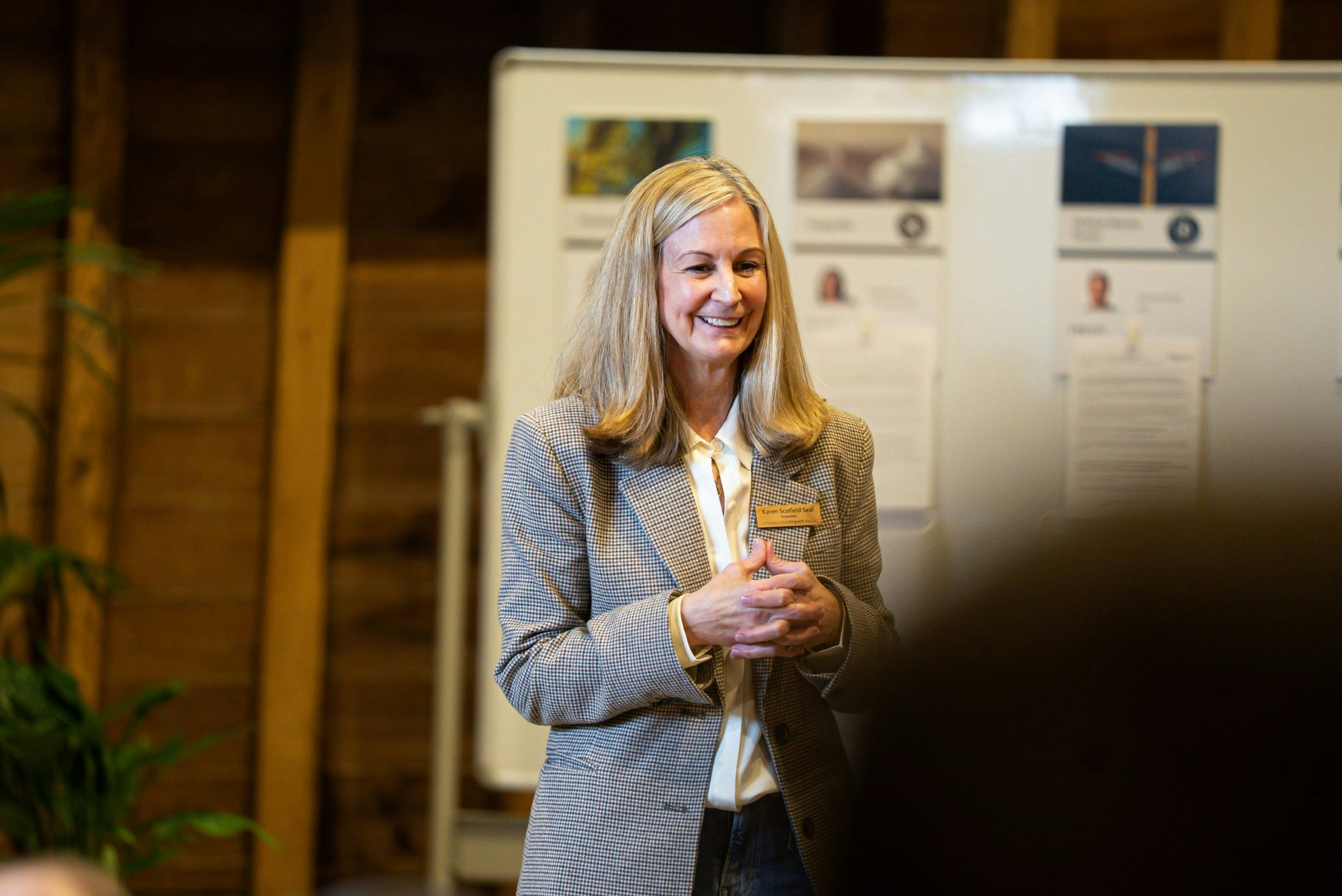Despite a global decline in climate tech funding, the UK’s climate tech sector has displayed growth and resilience. According to a PwC report, investment into UK-based climate tech companies surged 24% in 2024.
Al-powered solutions were a big part of this surge, with UK-based Al climate techs seeing a 128% increase in investment in 2024.
It’s a step in a much greener direction. However, to tackle some of the country’s most entrenched infrastructure problems — like how we power our grids, feed growing populations and decarbonise fuel-intensive sectors — the UK needs even more capital.
Companies taking on these challenges need “more time, more capital and more operational complexity than traditional tech or consumer startups,” says Daniel Epstein, Founder and CEO of Unreasonable Group. Unreasonable Group has partnered with Barclays to run the Unreasonable Impact programme, which supports growth-stage entrepreneurs to address pressing global challenges with scalable, profitable solutions.
Since launching in 2016, Unreasonable Impact has supported over 370 ventures which have collectively raised more than $14bn in funding, generated over $11bn in revenue and created more than 31k full-time jobs. These companies also estimate their products and services have mitigated over 111m metric tonnes of CO2 equivalent emissions.
“Barclays is providing expertise to nurture innovative ventures at each stage of their journey, from idea to IPO,” says Matt Hammerstein, CEO, UK Corporate Bank and Head of Public Policy and Corporate Responsibility at Barclays. “Through the power of our partnership with Unreasonable Impact, we’re supporting global entrepreneurs to innovate, accelerate growth and foster resilient communities.”
Sifted sat down with three Unreasonable Impact fellows already doing the hard, technical work of developing and bringing their solutions to market.
The sky’s the limit
UK-based James Hygate, who joined one of Unreasonable Impact’s first programmes in 2017 has been a key player in the sustainable fuel sector for most of his career. A serial founder, he launched Firefly Green Fuels in 2022, a company which converts sewage sludge into jet fuel.

Through a process called hydrothermal liquefaction — which essentially operates like a pressure cooker — Hygate realised he could turn a “really troublesome waste into two really valuable products”: bio-crude and biochar. In doing so, Firefly Green Fuels kills two infrastructural challenges with one stone, creating a low-carbon fuel while managing waste.
Cranfield found it was a 92% carbon saving over a fossil jet, which is mindblowingly massive.
Hygate says Firefly Green Fuels is partnering with renewable fuel producer Chevron Lummus Global to gear up towards technological readiness, and has recently signed a deal with budget airline Wizz Air to supply the airline with 525k tonnes of its fuel over 15 years.
“We worked with Cranfield University to do a life cycle assessment on our fuel to work out what the carbon saving was. They found that it was a 92% saving over a fossil jet, which is mind-blowingly massive,” says Hygate.
Staying ahead of the current
Joining tidal power startup Orbital Marine Power as CEO in 2015, Andrew Scott is helping power grids using reliable renewable energy harnessed from the gravitational pull of the moon and sun on Earth’s oceans and seas. The technology, resembling floating upside-down wind turbines, can generate up to 2MW of predictable power from tidal streams.

It can also be used to support a wind and solar powered future, helping provide electricity when it’s not sunny or windy.
Having already secured over $260m in offtake agreements, Orbital Marine Power is focused on the UK market to commercialise and industrialise its vision.
It’s really motivating to see so many innovative solutions across sectors being developed by people with the courage to stand up with their vision.
“About 80% of our manufacturing costs are deliverable through UK suppliers and we’re looking to make investments to build the tidal turbine factories of the future, creating sustainable jobs and reducing our costs in the process,” Scott says. “Alongside delivering clean energy projects that improve resilience, we aim to strengthen the market here in the UK, while widening awareness for this new source of energy within a global market.”
Scott says he was honoured to join Unreasonable Impact.
“The world can be lonely and difficult as a business leader so it’s really motivating to see so many innovative solutions across sectors being developed by people with the courage to stand up with their vision,” he says.
Sustainability through seaweed
In 2018, Karen Scofield Seal cofounded Oceanium, a Scottish startup which develops and produces functional seaweed ingredients for food, health and materials.

“We recognised right away that there was demand from consumers and global CPGs (consumer packaged goods companies) for functional, sustainable seaweed-based products, but getting it from the farm to a product that CPGs could easily adopt was the missing piece. Our technology maximises the value and aims to extract the full potential of sustainably sourced seaweed,” says Scofield Seal.
98% of the industry is currently in Asia, meaning there is “no infrastructure to process large amounts of farmed seaweed” in the Western hemisphere — Oceanium seeks to redress this, catalysing the seaweed industry in the EU, North America, South America and Africa.
It is the focus on founder wellbeing and knowing there is a community there to support you and your business.
With three of Oceanium’s products ready for market, Scofield Seal says the potential of seaweed-based products is boundless: “Seaweed does not need cleared land or freshwater… and 70% of the planet is water.”
Oceanium’s strategy is to partner with seaweed stakeholders to establish the first commercial-scale, zero-waste seaweed biorefinery, which will process thousands of tonnes of seaweed annually, and serve as the blueprint for global expansion.
“Unreasonable Impact really has been transformational,” says Scofield Seal. “It is not only the access to a global network of mentors, peers and potential partners who understand the urgency and complexity of what we’re trying to do, it is the focus on founder wellbeing and knowing there is a community there to support you and your business.”
These three founders share decades of industry expertise. They’ve moved well beyond proof of concept to build real businesses with concrete partnerships and commercial agreements.
Barclays provides financial services to a range of sectors including high-emitting industries such as oil and gas. Barclays is working to reduce the emissions it finances and supports clients in the transition. For more information visit home.barclays/climatechange.
Read the orginal article: https://sifted.eu/articles/uk-companies-green-economy-brnd/


